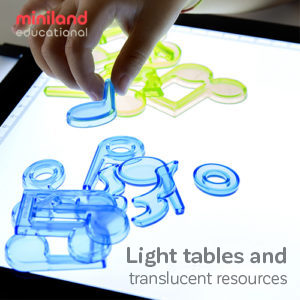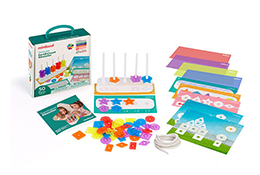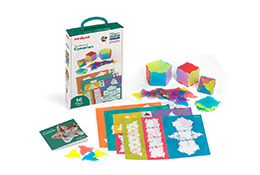
Summer is a time for fun, relaxation, and a break from the structured environment of school. However, while the break is well-deserved, it also brings the risk of “summer brain drain,” where children can lose some of the academic progress they made during the school year. The phenomenon known as “summer brain drain” can set them back significantly, making it harder to catch up when school resumes in the fall.
Here’s why it’s important to fight the summer brain drain and how parents can keep their children’s minds engaged over the summer.
Understanding Summer Brain Drain
Summer brain drain, or summer learning loss, is the loss of knowledge and skills that children experience during the long summer break. Studies have shown that children can lose up to two months of reading and math skills during the summer. This learning loss can accumulate year after year and can lead to a substantial gap by the time they reach high school.
The Importance of Preventing Learning Loss over the Summer
- Maintaining Academic Skills: Keeping children’s minds active over the summer helps maintain their academic skills. This ensures they return to school ready to pick up where they left off, without needing extensive review.
- Building Lifelong Learning Habits: Encouraging learning during the summer can help children develop a love for learning. This promotes a habit of seeking knowledge and staying curious, which is beneficial throughout their lives.
- Encouraging Social and Emotional Growth: Engaging activities can help children develop social and emotional skills. Whether it’s through group projects, summer camps, or family activities, these experiences are invaluable for personal growth.
Strategies to Combat Summer Brain Drain
- Summer Reading Programs: Encourage children to read regularly. Many local libraries offer summer reading programs with incentives to keep kids motivated. Choose books that match their interests to make reading fun and engaging. A great place to start is your local library!
- Educational Games and Activities: Incorporate learning into play with educational games and activities. Board games, puzzles such as Miniland’s Emotions Puzzles or Inclusion Puzzles and Sorting Tree Trunks are designed to promote critical thinking and can be both entertaining and educational.

- Field Trips and Experiential Learning: Visit museums, zoos, and historical sites to provide hands-on learning experiences. These trips can spark curiosity and provide practical knowledge that complements what they learn in school. Many museums offer free or discounted tickets during the summer months. A quick internet search will surely yield results on where to go.
- Summer Camps and Workshops: Enroll children in summer camps or workshops that focus on STEM, arts, or other areas of interest. These programs offer structured learning in a fun, social environment.
- Creative Projects: Encourage children to engage in creative projects such as writing stories, building models, or starting a small garden. These activities promote problem-solving and critical thinking skills.
- Educational Toys: Learning while playing is an easy way to engage a child and have them practice old or new skills that will surely serve them when they resume their fall studies. Miniland’s Turquoise Shape Sorting Bucket helps a child recognize shapes and colors and our Eco Activity Shapes helps a child learn mathematical concepts and develop fine motor skills at the same time.
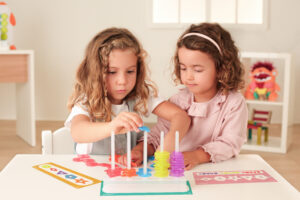
- Our light pad paired with translucent accessories like our Translucent Sort & Count Abacolor or Translucent Math Rings help kids identify different shapes, sizes, colors and textures. The bright colors on the light pad will surely capture their attention.
- Sand Play: Playing with sand engages children’s senses, providing a rich sensory experience. The texture of sand, whether it’s dry and grainy or wet and moldable, stimulates their sense of touch. This sensory play is crucial for brain development, as it helps children process different sensory inputs and enhances their cognitive skills. Our new Eco Friendly Sand Sets are made of environmentally friendly materials and all pieces can be easily stored together, making them a perfect companion for a trip to the park’s sand box or beach day.
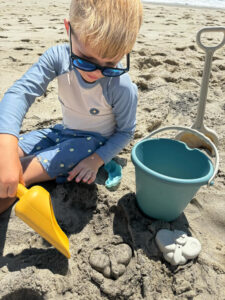
- Family Learning Activities: Make learning a family affair. Cooking together, playing educational board games, or exploring nature can be great ways to learn and bond as a family.
-
Conclusion
Fighting summer brain drain is crucial for maintaining and enhancing children’s academic skills, developing a love for learning, and closing the achievement gap. By incorporating fun and engaging educational activities into their summer routine, parents can help their children stay intellectually stimulated and ready to tackle the new school year with confidence. Remember, learning doesn’t have to be confined to the classroom—every experience can be an opportunity to grow and discover!

